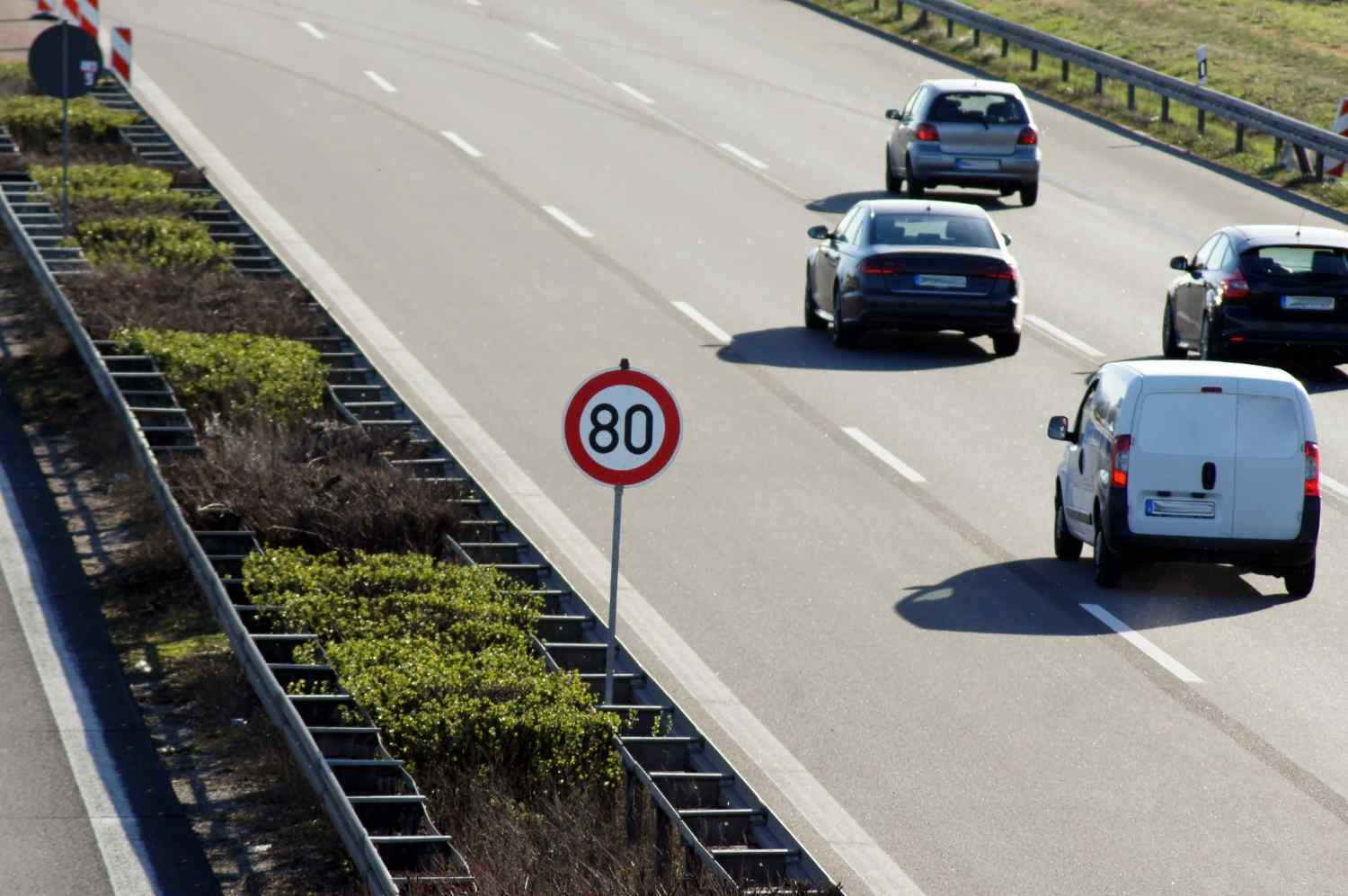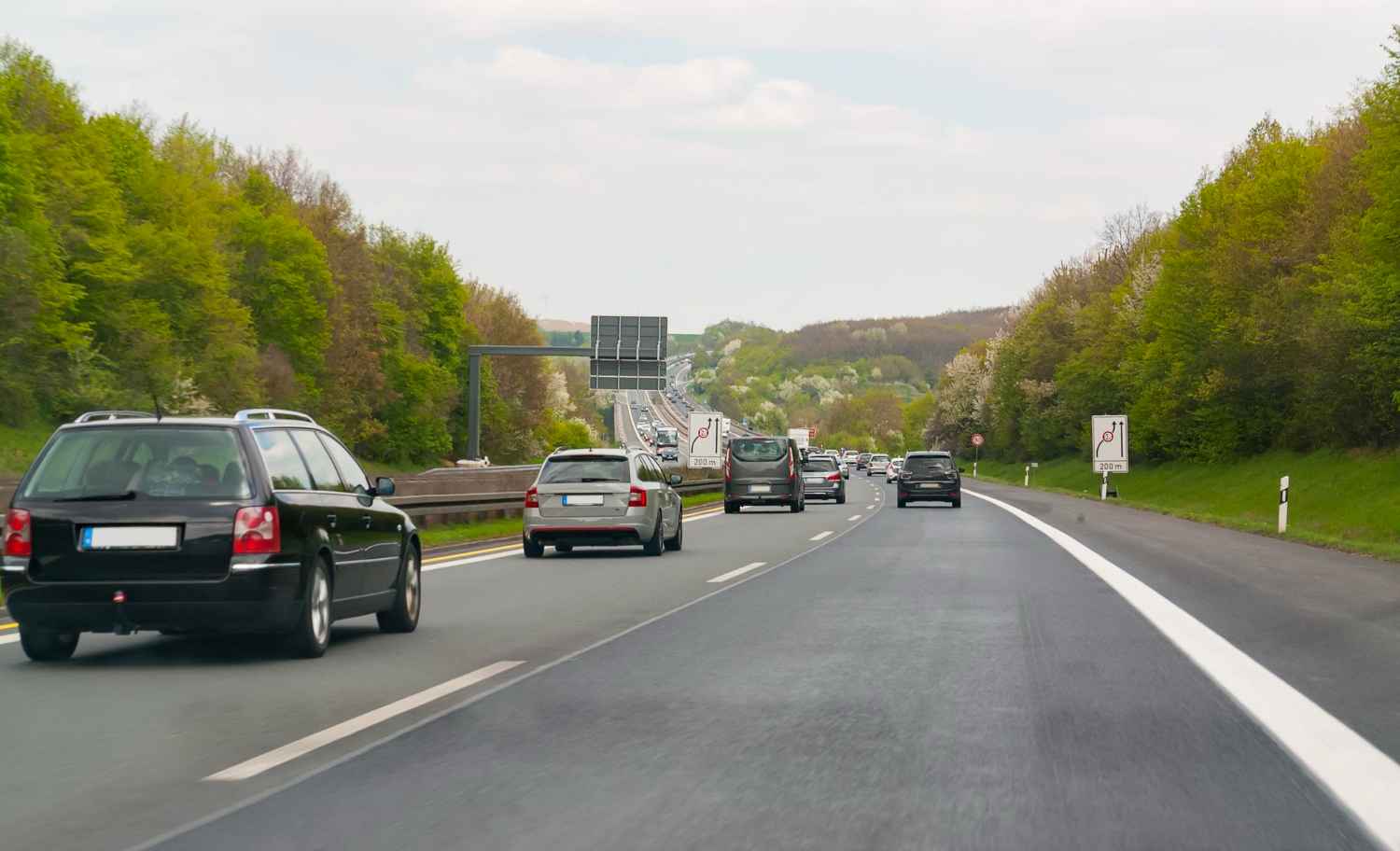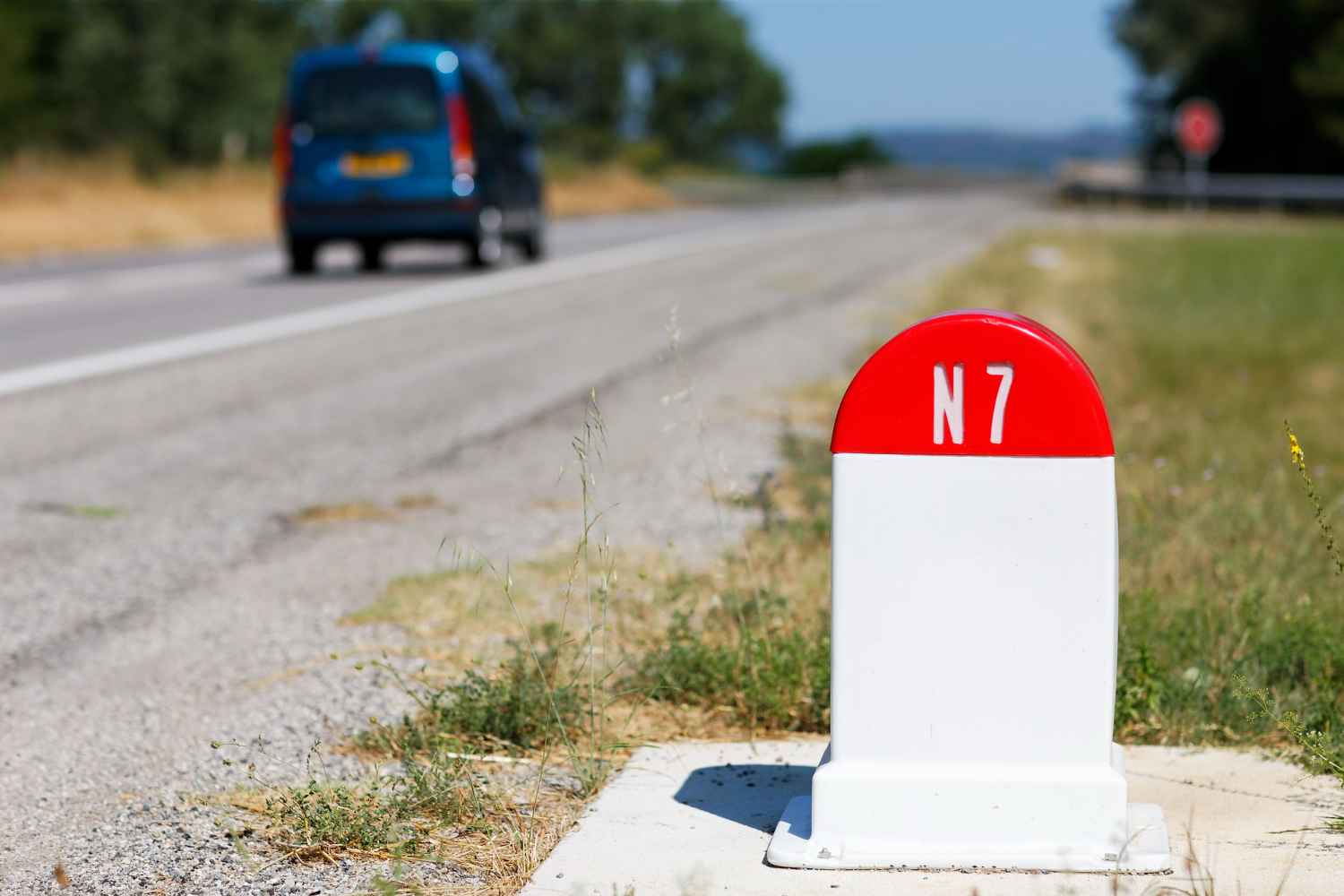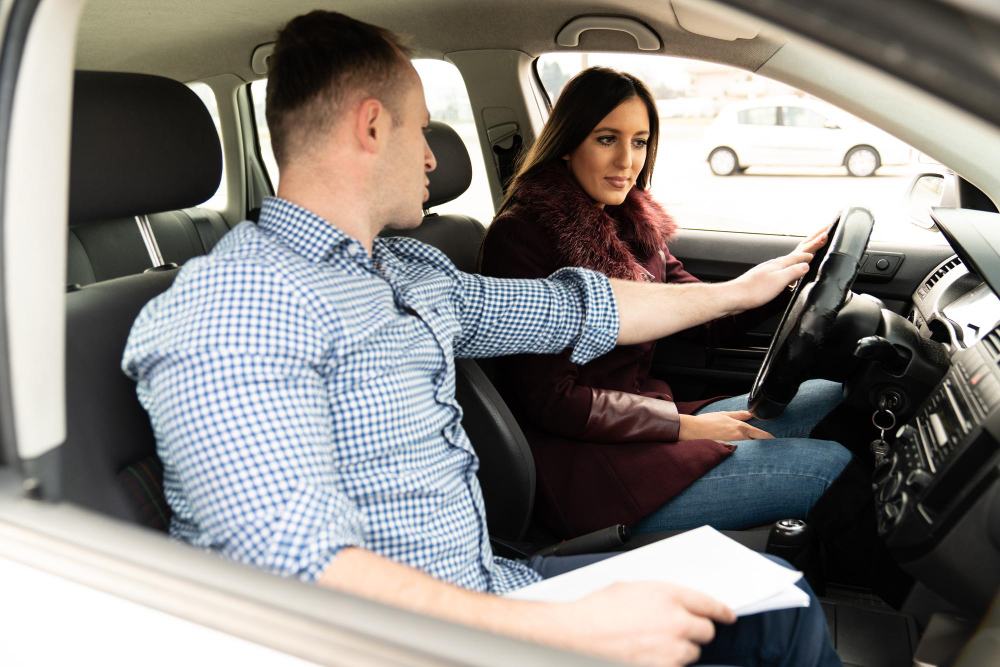Driving on a congested highway can be stressful for most drivers, especially those with recent licenses. The rules for driving on highways are pretty simple. If followed correctly can save you from various unfortunate incidents. As they say, a danger to one driver on the road is another driver.
Guidelines Driving School ensures that our drivers understand all the rules for driving on highways and the danger involved if the rules are not taken seriously. Most rules cover undertaking and overtaking, which are the most dangerous manoeuvres on a highway.
What is Undertaking?
Undertaking is passing a car on the left side of a multi-lane highway. It is also called left overtaking. The undertaking is considered dangerous, as it mostly catches other drivers off guard and can cause accidents. Due to the risks involved in the undertaking, it is advised always to avoid it until it is a last and necessary step.
In case you are undertaking, you should always check your mirrors and blind spots before passing the car to avoid any hazards.
What are the Rules for Performing an Undertaking?
UK’s Department for Transport has defined clear rules for undertaking in rules 267 and 268.
- Rule 267 states that you should overtake only on the right side after confirming that it is safe. Safety can be guaranteed by checking the mirrors, correctly judging the speed, and ensuring you are not cutting in front of the overtaken car.
- Rule 268 acts as an extension and explains the conditions regarding the undertaking. It states that you can pass the vehicle on the left side in congested places where your left lane is moving fast, and you must keep up with the cars in front.
- Rule 163 also states a condition for undertaking. It allows undertaking if the car in front signals to move towards the right side or perform a U-turn.
- Furthermore, rules 162 to 169 are entirely focused on the criteria of overtaking and how to perform it safely.

What are the Conditions to Avoid Undertaking?
The undertaking is not an advisable step to perform, except in some scenarios. Some of the essential conditions in which undertaking should be avoided include:
- The road has a solid white line.
- A sign displayed to prohibit overtaking on the left side
- Passing through a congested area
- Poor weather conditions
- Driving on a narrow road
- Cannot see far through when passing to be sure of safety
- The vehicle in front indicates towards the left side
What is the Penalty for an Undertaking?
An undertaking can be tempting, especially when driving behind a slow driver in a middle lane. But this can be dangerous and involves a fixed penalty notice (FPN) for irresponsible driving.
The usual penalty involves £100 and deducting three points from the driver’s license.
In some severe situations, the fine can be raised to £5,000, and the driving license could be disqualified or deducted by 9 points. It also may involve court summons.

What are the Rules for Cyclists to Perform Undertaking?
Cycles are essential to reducing carbon emissions, and cycle usage is relatively high around the UK. The guidelines for cyclists also recommend passing cars on the right side, but that is not possible in most cases due to speed differences.
The cyclists are allowed to perform filtering, which involves cyclists moving towards the left when passing a vehicle. You should be very careful when passing heavy transport vehicles due to their large blind spots and the time required to overtake them.
Our Recommendations
The undertaking could be dangerous and could cost lives if not taken seriously. We always advise you not to perform it unless you cannot see any other way. If you must perform it, it should be done carefully by utilising all the rules involved. If you are careless with it, it should cost you penalties, and you can even lose your driving license.




